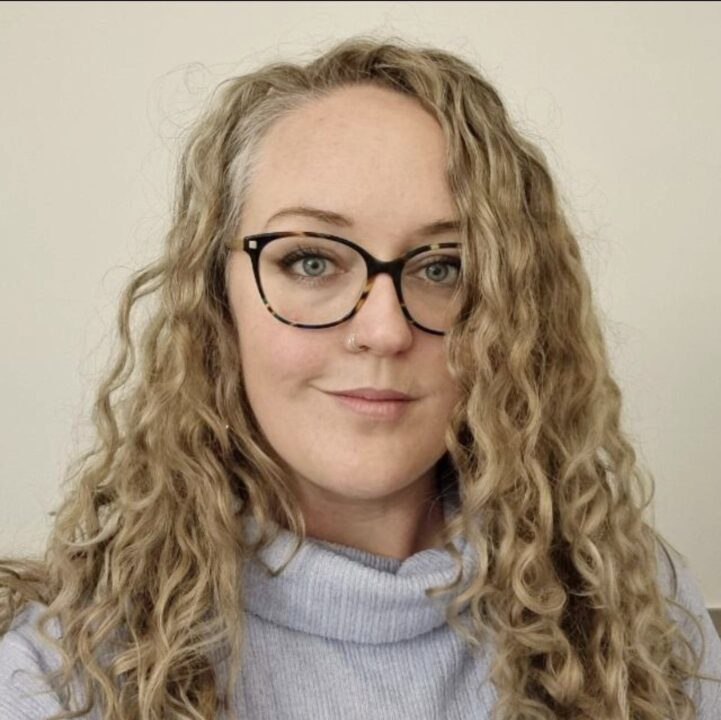Authored by Guidemark Health, now part of Lumanity
Over the past 10 years, tremendous strides have been made in the treatment of lung cancer due in large part due to discoveries of cancer biomarkers such as ALK, EGFR, c-KIT and ROS. In direct correlation, tumors are now classified by their molecular profile resulting in a shift of treatment paradigms and, ultimately better patient outcomes.
Many of us in the healthcare world have personally witnessed the miraculous contributions of targeted therapies in the lives of those with lung cancer. Enhanced quality of life and longer survival are the most important improvements, but we would be remiss if we did not acknowledge the emergence of much-needed patient advocacy, often led by long-term cancer survivors.
CancerCare®, a foundation with a long-standing commitment to people with all cancer types, provides professional support and specific services to those experiencing the burden of lung cancer by offering a wide range of support that includes wig clinics, supports groups, transportation, and financial assistance. The longest known Stage IV non-small-cell lung cancer (NSCLC) survivor and patient advocate, Cindy Bass, credits CancerCare® for giving her unconditional support upon her initial diagnosis and throughout her 25-year journey. As other survivors like Cindy begin to live better and longer lives, they need more focused information about their disease and the specific treatments for their cancer type. In response, lung cancer survivors continue to find each other, and form their own communities as their numbers continue to grow.
Where there once was a limited lung cancer community, now there are several groups that offer first-hand advice, information and reassurance. LUNGevity and the Go2 Foundation are among the top advocacy groups devoted specifically to lung cancer. These communities utilize social media platforms making them conveniently accessible. Beyond just a focus on lung cancer, they all share a commitment to championing the dialogue and spark much-needed conversation around the remaining unmet needs. While cure is always a focus, diagnosis remains a significantly important issue. In the past few years, there has been much excitement and anticipation surrounding research into less-invasive tests that could detect lung cancer earlier. Consequently, there could be a positive impact on prognosis. Remain on the lookout for information coming from ESMO 2019 from the companies funding research for these less invasive, yet more specific, tests. This November, please take a moment to honor all those who are surviving and those we have lost. Contribute your time or money and share any news about important breakthroughs in this space and keep the dialogue going.











